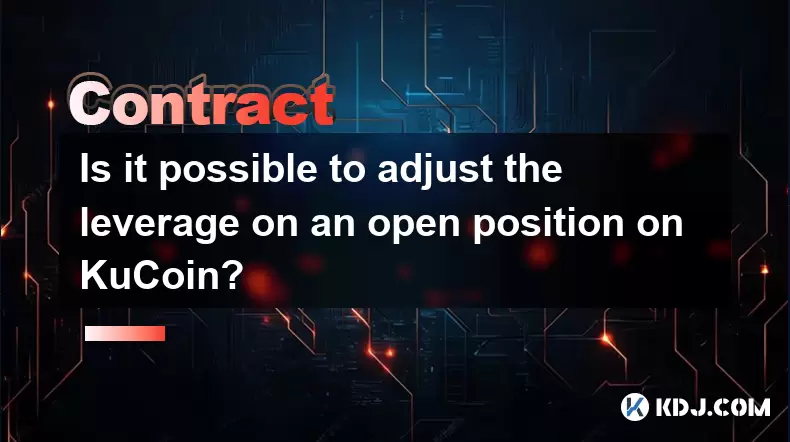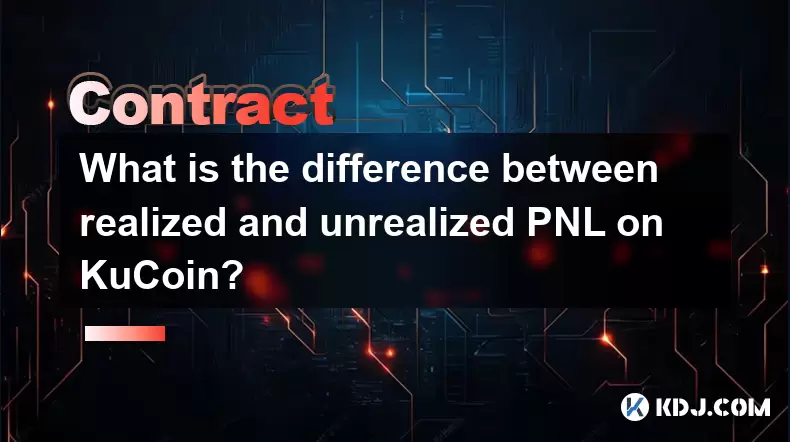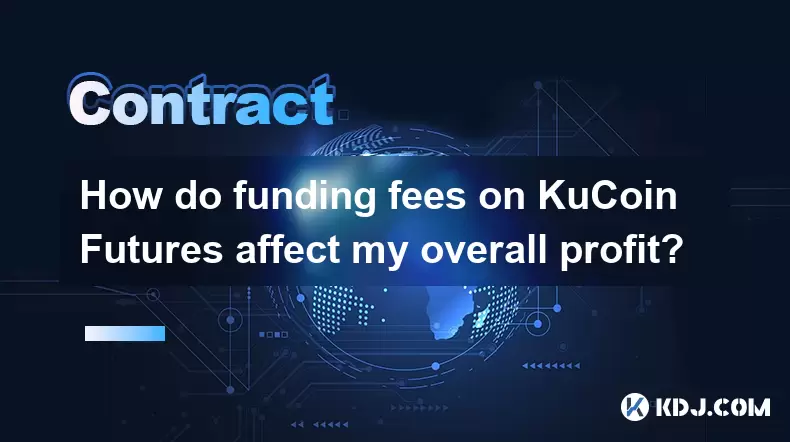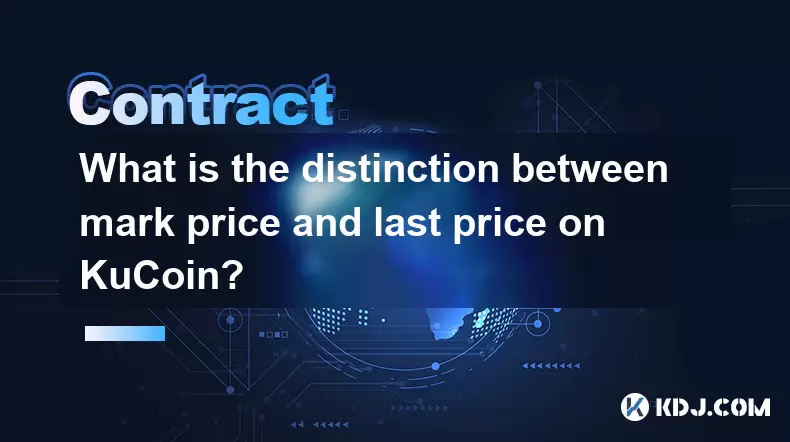-
 Bitcoin
Bitcoin $119000
-2.21% -
 Ethereum
Ethereum $4315
1.01% -
 XRP
XRP $3.151
-3.11% -
 Tether USDt
Tether USDt $0.0000
0.00% -
 BNB
BNB $808.5
-0.71% -
 Solana
Solana $175.8
-4.21% -
 USDC
USDC $0.9999
0.00% -
 Dogecoin
Dogecoin $0.2250
-3.92% -
 TRON
TRON $0.3469
1.77% -
 Cardano
Cardano $0.7818
-3.81% -
 Chainlink
Chainlink $21.47
-2.10% -
 Hyperliquid
Hyperliquid $43.30
-6.81% -
 Stellar
Stellar $0.4370
-2.84% -
 Sui
Sui $3.682
-4.40% -
 Bitcoin Cash
Bitcoin Cash $590.8
2.67% -
 Hedera
Hedera $0.2484
-5.20% -
 Ethena USDe
Ethena USDe $1.001
0.00% -
 Avalanche
Avalanche $23.10
-4.29% -
 Litecoin
Litecoin $119.2
-3.96% -
 Toncoin
Toncoin $3.409
0.90% -
 UNUS SED LEO
UNUS SED LEO $9.016
-1.29% -
 Shiba Inu
Shiba Inu $0.00001304
-3.82% -
 Uniswap
Uniswap $11.18
1.33% -
 Polkadot
Polkadot $3.913
-3.51% -
 Cronos
Cronos $0.1672
-3.08% -
 Dai
Dai $1.000
0.02% -
 Ethena
Ethena $0.7899
-4.70% -
 Bitget Token
Bitget Token $4.400
-1.23% -
 Pepe
Pepe $0.00001132
-5.93% -
 Monero
Monero $257.9
-6.44%
What is the introductory knowledge for perpetual contract trading?
Perpetual contract trading, which involves speculating on an asset's future price without owning it, offers leverage and flexibility but also poses risks like leverage and volatility.
Dec 05, 2024 at 10:52 am

What is the Introductory Knowledge for Perpetual Contract Trading?
Perpetual contract trading is a type of derivative contract that allows traders to speculate on the future price of an underlying asset without having to take ownership of the asset itself. Perpetual contracts are traded on margin, which means that traders can use leverage to increase their potential profits. However, leverage also increases the risk of losses, so it is important to understand the risks involved before trading perpetual contracts.
How do perpetual contracts work?
Perpetual contracts are similar to traditional futures contracts. Both types of contracts are agreements to buy or sell an underlying asset at a specified price on a future date. However, there are some key differences between perpetual contracts and futures contracts.
- Perpetual contracts do not have an expiration date. This means that traders can hold perpetual contracts indefinitely, or until they decide to close their positions.
- Perpetual contracts are settled in cash. This means that when a perpetual contract is closed, the trader receives or pays the difference between the opening price and the closing price, rather than taking delivery of the underlying asset.
- Perpetual contracts are traded on margin. This means that traders can use leverage to increase their potential profits. However, leverage also increases the risk of losses, so it is important to understand the risks involved before trading perpetual contracts.
What are the benefits of trading perpetual contracts?
There are several benefits to trading perpetual contracts, including:
- leverage: Perpetual contracts allow traders to use leverage to increase their potential profits. Leverage can be a powerful tool, but it is important to use it wisely. Leverage can also magnify losses, so it is important to understand the risks before using it.
- Flexibility: Perpetual contracts are very flexible and can be used to trade a variety of assets. Perpetual contracts are also traded 24/7, so they can be traded at any time.
- Low fees: Perpetual contracts typically have lower fees than other types of derivative contracts. This can make them a more cost-effective way to trade.
What are the risks of trading perpetual contracts?
There are also some risks associated with trading perpetual contracts, including:
- Leverage: Perpetual contracts are traded on margin, which means that traders can use leverage to increase their potential profits. However, leverage also increases the risk of losses. It is important to understand the risks involved before using leverage.
- Volatility: Perpetual contracts are subject to volatility, which can lead to large swings in the price of the underlying asset. This can make it difficult to predict the future price of the asset and can lead to losses.
- Liquidation: If the price of the underlying asset moves against the trader, the trader's position may be liquidated. This means that the trader will be forced to sell their position at a loss.
How can I start trading perpetual contracts?
If you are interested in starting to trade perpetual contracts, there are a few things you should do:
- Choose a reputable broker. There are many different brokers that offer perpetual contracts. It is important to choose a broker that is regulated and has a good reputation.
- Open an account. Once you have chosen a broker, you will need to open an account. You will need to provide the broker with some personal information and financial information.
- Fund your account. You will need to fund your account with enough money to cover your initial margin and any potential losses.
- Place an order. Once you have funded your account, you can start placing orders. You can place orders to buy or sell perpetual contracts.
- Monitor your position. Once you have placed an order, you should monitor your position regularly. You should make sure that your position is still profitable and that you are not at risk of liquidation.
Conclusion
Perpetual contracts can be a powerful tool for trading the crypto market. However, it is important to understand the risks involved before trading perpetual contracts. By following the steps outlined in this article, you can help to reduce your risk and increase your chances of success.
Disclaimer:info@kdj.com
The information provided is not trading advice. kdj.com does not assume any responsibility for any investments made based on the information provided in this article. Cryptocurrencies are highly volatile and it is highly recommended that you invest with caution after thorough research!
If you believe that the content used on this website infringes your copyright, please contact us immediately (info@kdj.com) and we will delete it promptly.
- Arc Blockchain: Circle's Layer-1 Play Amidst $428 Million Loss
- 2025-08-12 20:30:13
- XRP Price: Riding the Bull Cycle Wave or Hitting a Wall?
- 2025-08-12 20:50:12
- Cloud Mining in 2025: Chasing Passive Income and High Returns
- 2025-08-12 20:30:13
- XRP Price Forecast: Can XRP Hit $8, $12.60, or Even $100? Surge Drivers Analyzed
- 2025-08-12 21:10:13
- SUI Analyst Predicts Potential 7x Setup: Don't Ignore This Crypto!
- 2025-08-12 21:50:12
- Solana Price, Meme Coins, and 100x Gains: What's the Hype?
- 2025-08-12 20:50:12
Related knowledge

Is it possible to adjust the leverage on an open position on KuCoin?
Aug 09,2025 at 08:21pm
Understanding Leverage in KuCoin Futures TradingLeverage in KuCoin Futures allows traders to amplify their exposure to price movements by borrowing fu...

What cryptocurrencies are supported as collateral on KuCoin Futures?
Aug 11,2025 at 04:21am
Overview of KuCoin Futures and Collateral MechanismKuCoin Futures is a derivatives trading platform that allows users to trade perpetual and delivery ...

What is the difference between realized and unrealized PNL on KuCoin?
Aug 09,2025 at 01:49am
Understanding Realized and Unrealized PNL on KuCoinWhen trading on KuCoin, especially in futures and perpetual contracts, understanding the distinctio...

How does KuCoin Futures compare against Binance Futures in terms of features?
Aug 09,2025 at 03:22am
Trading Interface and User ExperienceThe trading interface is a critical component when comparing KuCoin Futures and Binance Futures, as it directly i...

How do funding fees on KuCoin Futures affect my overall profit?
Aug 09,2025 at 08:22am
Understanding Funding Fees on KuCoin FuturesFunding fees on KuCoin Futures are periodic payments exchanged between long and short position holders to ...

What is the distinction between mark price and last price on KuCoin?
Aug 08,2025 at 01:58pm
Understanding the Basics of Price in Cryptocurrency TradingIn cryptocurrency exchanges like KuCoin, two key price indicators frequently appear on trad...

Is it possible to adjust the leverage on an open position on KuCoin?
Aug 09,2025 at 08:21pm
Understanding Leverage in KuCoin Futures TradingLeverage in KuCoin Futures allows traders to amplify their exposure to price movements by borrowing fu...

What cryptocurrencies are supported as collateral on KuCoin Futures?
Aug 11,2025 at 04:21am
Overview of KuCoin Futures and Collateral MechanismKuCoin Futures is a derivatives trading platform that allows users to trade perpetual and delivery ...

What is the difference between realized and unrealized PNL on KuCoin?
Aug 09,2025 at 01:49am
Understanding Realized and Unrealized PNL on KuCoinWhen trading on KuCoin, especially in futures and perpetual contracts, understanding the distinctio...

How does KuCoin Futures compare against Binance Futures in terms of features?
Aug 09,2025 at 03:22am
Trading Interface and User ExperienceThe trading interface is a critical component when comparing KuCoin Futures and Binance Futures, as it directly i...

How do funding fees on KuCoin Futures affect my overall profit?
Aug 09,2025 at 08:22am
Understanding Funding Fees on KuCoin FuturesFunding fees on KuCoin Futures are periodic payments exchanged between long and short position holders to ...

What is the distinction between mark price and last price on KuCoin?
Aug 08,2025 at 01:58pm
Understanding the Basics of Price in Cryptocurrency TradingIn cryptocurrency exchanges like KuCoin, two key price indicators frequently appear on trad...
See all articles

























































































